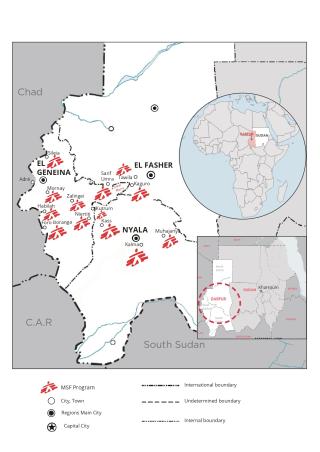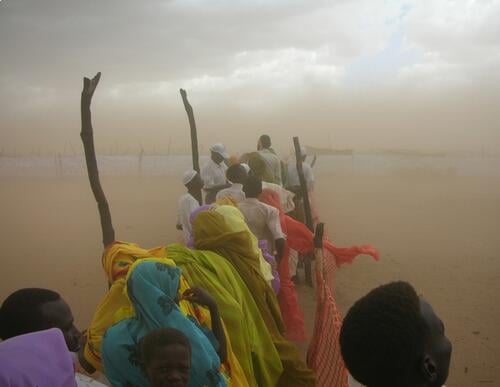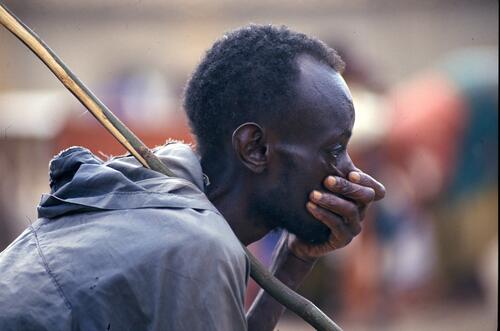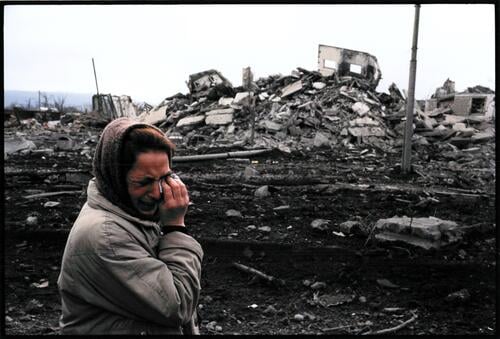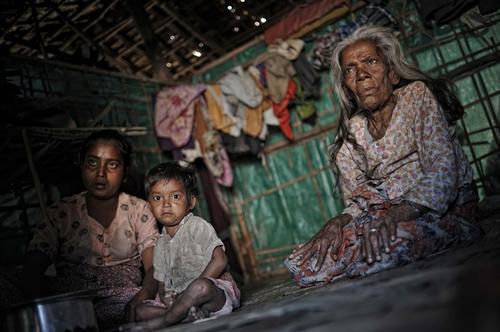All Speaking Out Case Studies > MSF and Darfur 2003-2009
The “MSF and Darfur 2003-2009” case study describes the constraints, questions and dilemmas faced by MSF with regards to speaking out about extreme violence, massive displacements and terrible survival conditions endured by the population in the Darfur region, Sudan, between 2003 and 2009.
Initially, to be able to maintain and expand its operations in Darfur, MSF decided to refrain from making any public statements, calling only for more assistance. Internal and external controversies arose over MSF’s public position: should MSF take part in the public debate on the classification of the violence in Darfur as genocide or not, support or oppose international armed intervention, and cooperate or not with the International Criminal Court's (ICC) investigations into alleged war crimes in Darfur?
Two MSF Operational Centers were expulsed from Sudan in March 2009.
Dilemmas & Questions
During this period, MSF's operational, advocacy, and speaking out choices were the subjects of controversies, dilemmas, and questions, including:
- Should MSF abstain from alerting to extreme violence committed in Darfur, as reported by Darfuri refugees in Chad, so as not to anger Sudanese authorities to preserve access chances in Darfur?
- Should MSF take a public position on the existence or not of a genocide in Darfur? Is it MSF’s role to do so?
- If MSF describes the violence in Darfur as genocide, would this risk justifying an armed intervention which would weaken, hinder, or destroy the impact of humanitarian operations?
- Would an MSF declaration of no genocide serve the Sudanese government’s denial of extreme violence by its supported militia? Should MSF take the risk of being perceived as such?
- By publicly issuing information on violence committed against the population, should MSF take the risk that this information could be used by international justice? Would this give the perception that MSF acts as international justice informants for future indictments of war leaders? Could this put field teams at risk or block access to populations in need?
- How could MSF manage a possible implication by the ICC prosecution that denial of humanitarian assistance constituted evidence of intent of genocide?
